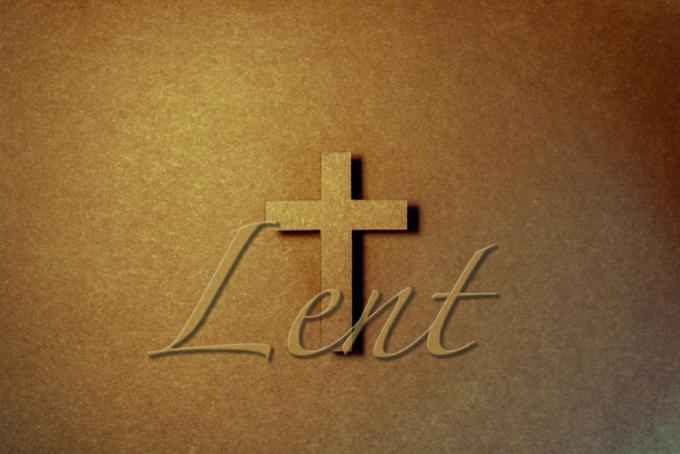
Faith
What if we stopped applauding ourselves for not killing anyone and took a sober look at all the things we put in the place of God?

Wolfe
''The unexamined life is not worth living." Socrates famously uttered these words at the end of his life -- and ironically during his trial on charges of impiety and corrupting the youth. It wasn't the most effective defense strategy, nor was it intended to be -- at least as Plato presents it. Socrates was, after all, found guilty of these two crimes by a jury of 500 citizens. Refusing to propose exile as a penalty, the father of philosophy was sentenced to death and promptly executed in Athens, the cradle of democracy and western civilization.
Examining our lives will always be a risky business. It makes us -- and those around us -- profoundly uncomfortable, just like it did poor Socrates and his fellow Athenians in 399 BC. That's because while the world has changed immeasurably since then, its inhabitants have not. In our postmodern, post-Christian society, many voices shout the "freedom" to "be ourselves" to an unlimited degree. We are told that we can be whatever we say we are and do whatever we like. We are free to choose and construct our own identities, pursue all the pleasures we desire, and acquire all the material wealth we can. In essence, we are each encouraged to build a world around us in which we can each live a life that is all about us. And we are told that this is something to celebrate with enthusiasm.
The unspoken message is that human happiness consists in satisfying our appetites. If we aren't happy, the answer is to move to a different table on the buffet and fill another plate. If that is how we are living, there isn't much room for a genuine examination of our lives. If we are consumed by the flurry of fulfilling our most recent desire, we won't have time to ask questions about why having it all somehow leaves us wanting more. We won't be able to investigate or consider whether the desires themselves are at the root of our unhappiness and discontent.
And that is why the Church gives us Lent, a season that provides sufficient time and space for an extended examination of conscience. The problem is that most of us think our sins are found almost exclusively on the second tablet of the Ten Commandments. We admit that we can be destructive to others, that we are unfaithful, that we lie and withhold the truth, even that we cheat and steal and covet. And we are sincere when we rightly take those things to the Sacrament of Reconciliation and make an effort to turn away from our sins and grow in virtue. But we gloss over the first three or four commandments and rarely consider how they might just be the key to all the rest; how the sins we regularly acknowledge in ourselves just might be rooted in those we have not yet recognized: idolatry, irreverence, and impiety.
Trust me: I know how easy it is to think that if we go to Sunday or daily Mass, pray regularly in some form, avoid swearing, and genuinely try to live our faith, that we've pretty much made it past the first few commandment thresholds securely, if not with flying colors. But that is simply not true. In fact, it's the lie too many of us believe (or tell ourselves) when we buy into all the trappings of our current culture. You know, when we give in to "worldly allurements" and allow ourselves to float along with the current because we can't imagine how we could survive swimming against it.
Maybe we should begin by imagining something else: the possibilities we leave untapped, those we give up on every day. What would our souls, our Church, our world look like if we began our annual examination of conscience with the First Commandment rather than skipping down to the Fifth? What if we stopped applauding ourselves for not killing anyone and took a sober look at all the things we put in the place of God? What if we examined our lack of reverence for all that is holy? Our unwillingness to give God what he deserves from us? This Lent, let's start at the beginning. Let's allow the Commander to lead us through his commandments as he gave them to us. And let's examine our lives against the standard God has set for us, and not those of the world we are called to be in, but not of.
- Jaymie Stuart Wolfe is a Catholic convert, wife, and mother of eight. Inspired by the spirituality of St. Francis de Sales, she is an author, speaker, and musician, and provides freelance editorial services to numerous publishers and authors as the principal of One More Basket. Find Jaymie on Facebook or follow her on Twitter @YouFeedThem.
Recent articles in the Faith & Family section
-
Scripture Reflection for April 21, 2024, Fourth Sunday of EasterJem Sullivan
-
The new Temple: How Easter changes religionDr. R. Jared Staudt
-
The wonder of Ordinary TimeLucia A. Silecchia
-
Is there still responsibility for past sins after confession?Jenna Marie Cooper
-
Wounds, not scarsJaymie Stuart Wolfe


















